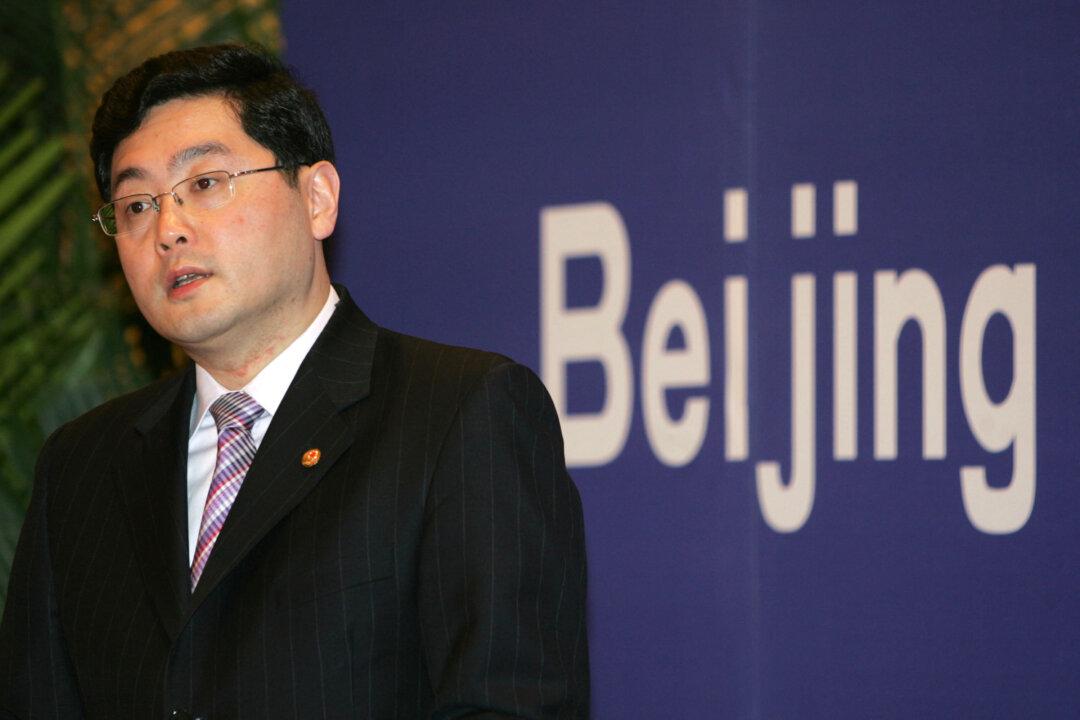The Chinese regime’s new envoy to the United States adopted a placating tone upon his arrival in Washington on July 28, just two days after high-ranking Chinese diplomats denounced a visiting Biden official over a range of alleged U.S. “wrongdoings.”
Qin Gang, a veteran diplomat, called for continued engagement between the two countries. The ambassador, in remarks posted on the website of the Chinese Embassy, emphasized that he would “bring China–U.S. relations back on track, turning the way for the two countries to get along with each other ... from a possibility into a reality.”




